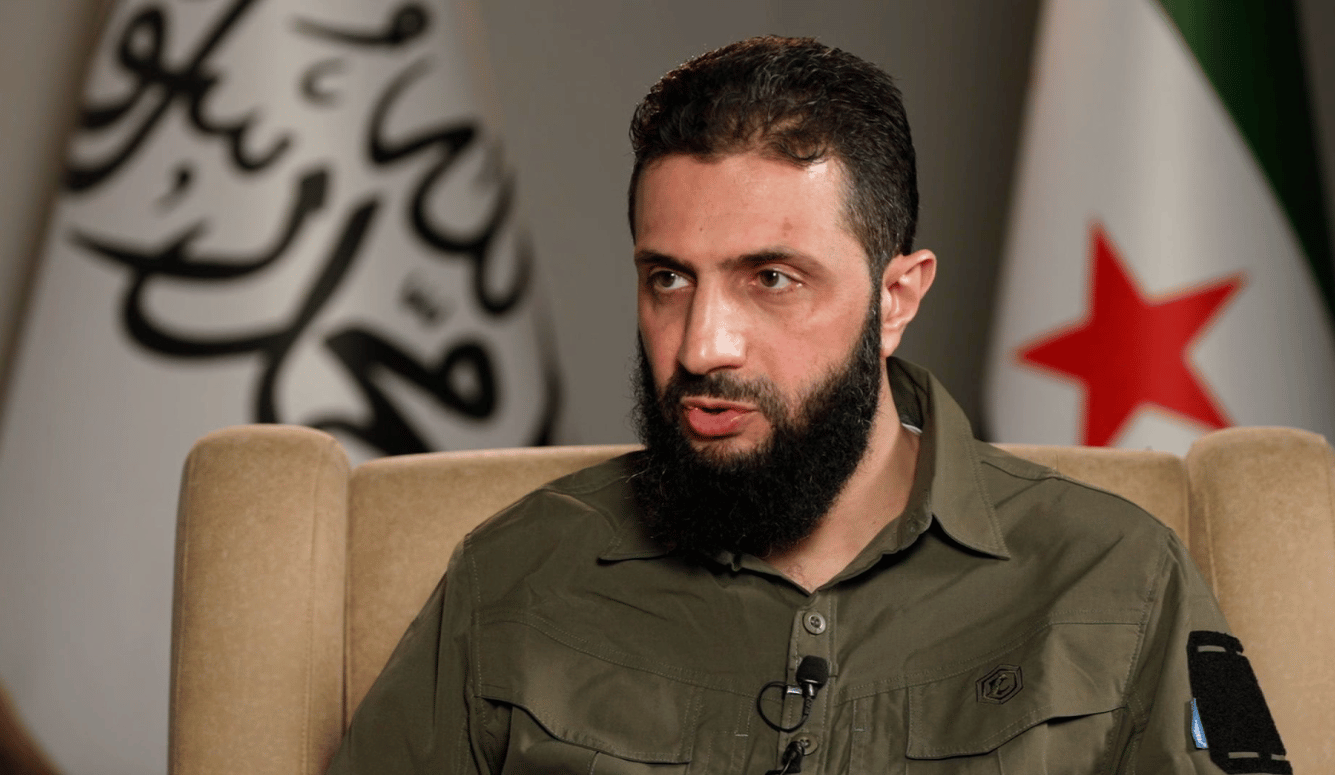Politics
Jihadist at a Crossroads
Syria’s new leader will have to balance his Islamist beliefs with the more pressing tasks of state-building and economic development.

The fall of Syria’s Ba’athist regime has been a strategic setback for authoritarian Russia, theocratic Iran, and (most obviously) the Assad dictatorship itself. But the big winner in Syria was not liberal democracy, it was jihadism. Just twelve days after the attack on Aleppo on 27 November, Syria’s mujahideen were already in the capital. Before his triumphant arrival in Damascus, most of the world regarded Abu Mohammed al-Jolani and his Hayat Tahrir al-Sham (HTS) organisation as terrorists. Nevertheless, Turkish-backed factions joined the HTS offensive that conquered Aleppo, while other factions in the east and south also lent their assistance.
Assad’s army fell apart in days. The swiftness of the Syrian disintegration was even more striking than the chaotic final days in Kabul described by David Kilcullen and Greg Mills in their book The Ledger: Accounting for Failure in Afghanistan. The Afghan regime was corrupt and ineffective from top to bottom, largely due to the misguided priorities of external supporters (the US, NATO) and rivers of aid money syphoned off by various “conflict entrepreneurs.” Evidently, the Syrian regime was even worse.
A classic case of “overnight success, decades in the making,” until late November, Jolani was an obscure jihadist in northern Syria. He fought for al-Qaeda in Iraq and was detained at Camp Bucca, a US prison, where he earned credibility among imprisoned jihadists with a fifty-page document on strategy. Upon his release, he was entrusted with setting up an al-Qaeda front in Syria, where he rubbed shoulders with ISIS. Over a decade ago, the US put a $10 million USD bounty on his head and tried to kill him with an air strike. So did Russia in late November 2024. But days later, he was in Damascus, delivering a speech in the magnificent Umayyad mosque thanking Allah for his victory.





